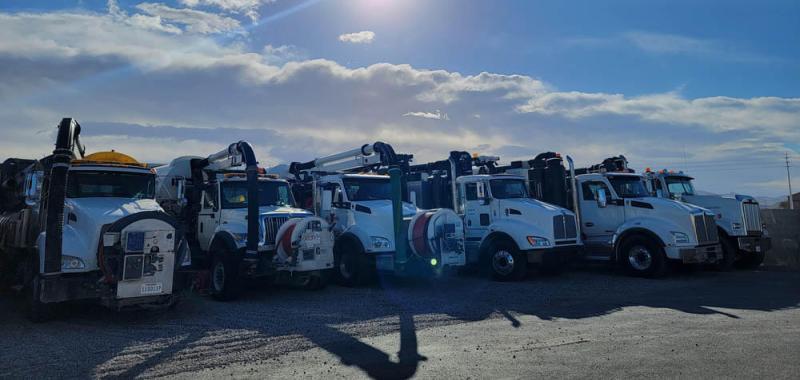Why is Hydrovac Weight an Issue?
Posted 21:38 February 16, 2024
Last Updated 21:38 February 16, 2024

Hydrovac trucks, highly regarded for their precision excavation capabilities, present a unique challenge when it comes to weight management. These sophisticated pieces of equipment utilize high-pressure water to break up soil and a powerful vacuum to remove the slurry, allowing for safe, efficient, and non-destructive digging around sensitive underground utilities. However, the very features that make hydrovac trucks invaluable also contribute to their considerable weight, which can become a significant issue for several reasons.
First and foremost, the weight of a fully loaded hydrovac truck can pose significant logistical challenges. Roads and bridges have weight limits designed to ensure the safety and longevity of these infrastructures. Heavy vehicles, like fully loaded hydrovac trucks, can stress these structures beyond their designed capacities, leading to damage or, in extreme cases, failure. Consequently, operators must carefully plan their routes to avoid restricted roads or structures, which can lead to longer travel times and increased fuel consumption, impacting the efficiency of the excavation project.
Moreover, the heavy weight of hydrovac trucks has implications for their operational use, especially in terms of site access and environmental impact. In urban environments, where underground utilities are dense, and space is at a premium, the maneuverability of these trucks can be severely limited by their size and weight. Additionally, in softer ground conditions or environmentally sensitive areas, the heavy trucks can cause significant ground disturbance or compaction, damaging the soil structure and potentially harming local ecosystems. This issue necessitates careful consideration of where and how these trucks can be deployed, sometimes requiring additional measures such as laying down protective mats to distribute the weight and minimize ground pressure.
Another critical aspect where weight becomes an issue is in compliance with legal weight limits set by local, state, or federal regulations. These regulations are in place to protect roadways and infrastructure and to ensure safety. Hydrovac trucks, particularly when carrying a full load of debris and water, can easily exceed these limits, leading to legal and financial consequences for operators, including fines and the need for special permits. This not only increases the operational costs but also complicates project planning and execution, as obtaining permits can be time-consuming and restrictive.
The challenge of managing hydrovac truck weight also extends to the wear and tear on the vehicles themselves. Heavier loads increase the strain on the truck's engine, brakes, and suspension systems, leading to more frequent maintenance requirements and a higher risk of breakdowns. This can result in increased operational costs and potential downtime, which can delay projects and impact profitability.
In response to these challenges, the industry is exploring innovations and adaptations, such as developing lighter materials for the truck and tank bodies or enhancing the efficiency of water usage to reduce the overall weight of the load. These efforts aim to mitigate the weight issue, enhancing the versatility and sustainability of hydrovac excavation technology.
In conclusion, while hydrovac trucks are a cornerstone of modern excavation, their significant weight poses a complex array of logistical, environmental, regulatory, and operational challenges. Addressing these issues requires careful planning, adherence to regulations, and ongoing innovation within the industry to ensure that the benefits of hydrovac excavation can be fully realized without compromising safety, efficiency, or environmental integrity.
Hole Hogz are the leading hydrovac and hydro excavation firm in southern Nevada. We service municipal, commercial, and residential customers. Our operating area includes Las Vegas, Henderson, North Las Vegas, Boulder City, and most parts of Clark County Nevada. Contact us today to discuss your excavation needs.
